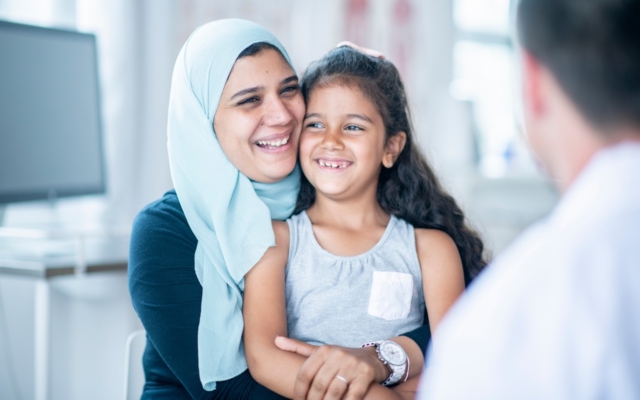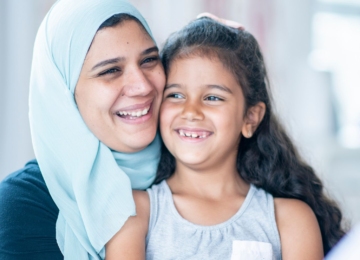Improving the health and wellbeing of migrant and refugee communities by consolidating cross-sector knowledge and expertise, fostering good policy and supporting culturally responsive practice.
The Migrant & Refugee Health Partnership brings together health professionals and the community to address systemic barriers to health access for migrant and refugee communities. We also seek to strengthen health-promoting assets in communities, recognising that improvements in the health and health system literacy have a direct positive impact on community health and wellbeing.
Australia is an ethnically diverse nation with 30 per cent of the population having been born overseas. Our growing cultural and linguistic diversity has benefited Australia enormously both economically and socially, and will continue to do so into the future. Our changing demographics require a response grounded in strategic forethought and collaboration to ensure that critical systems, such as health care, are supported to enable equitable access, experience and outcomes for individuals and communities.
Migration and ethnicity-related factors, as well as refugee experiences, are important social determinants of health. Migrants and refugees are frequently associated with impaired health and poor access to health services and there is evidence of inequalities in both their state of health and the accessibility of health services to these population cohorts. Experiences of health and health care can vary widely between different groups based on factors such as gender, age, pre-migration experiences, migration status, and other variables.





